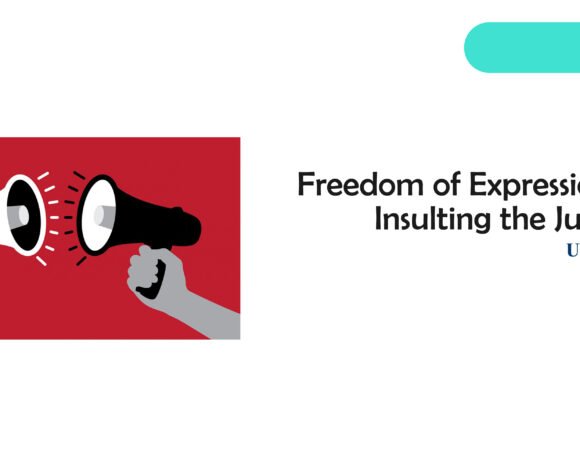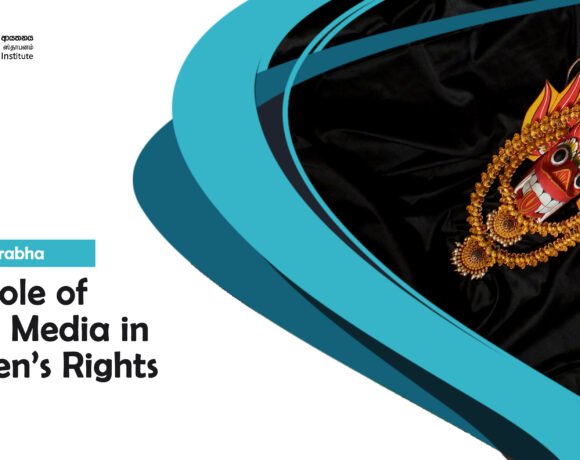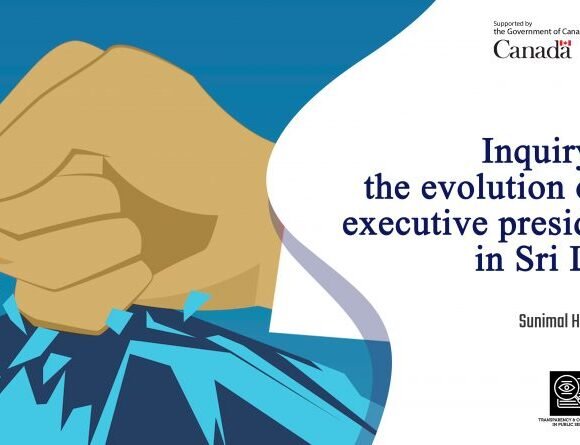
The constitutionality of education and identifying the gaps
Dhanushka Silva
Student unions and activists believe that they are responsible for protecting educational rights and inheriting them to future generations. They protest the private university concept setting forth slogans against the commodification of education and for safeguarding the right of education. It has become their identity.
Usually, the term ‘rights’ is defined by a nation (not internationally) based on the basic law of that country. When the question ‘Is education a right?’ is asked, most school and university students and people affirm that education is a right. However, Sri Lanka’s constitution, which definitely has many gaps, does not reflect education as a fundamental right. Therefore, the claim of the university students’ organizations that education is a right is devalued before the constitution that does not identify education as a right.
According to the UNESCO’s session report in 1974 on human rights and fundamental freedom related to education, the definition given to education is that it is a broad process of carrying forward the knowledge, attitudes, and skills spread widely among the social layers nationally and internationally. Through that lens, education is further identified as a tool that implements the pioneering task of carrying knowledge, attitudes and skills embraced by one era to another era. The learner’s social experience cannot be rejected in any way when building a disciplined, progressive society. Once the founder of the Communist Party of China Mao Zedong stated that if you are vested in the great responsibility of rebuilding a country, the first thing you must do is give an excellent education to most of the country’s people.This great saying explains the social responsibility of education.
Constitutional attitude
Sri Lanka is responsible for implementing the Human Rights Act. Article 26 of UN Human Rights Charter (1947) discusses education and the people’s right to choose education. Article 13 of the International Covenant on Economic Social and Cultural Rights (1966) states that all signatories are responsible for accepting education as a right and implementing relevant necessary conditions.
The content of these international covenants is model principles needed to safeguard human freedom and respect. Therefore, the best way to guarantee education as a right is legalizing it as a grundnorm fundamental right. The constitution of South Africa has provided that example to the world.
We can identify two restraints in the chapter of the fundamental rights of the constitution. \
- Limiting the fundamental rights subject to civil and political rights.
- Missing some essential rights such as right to life, right to human dignity, right for education and health etc., in the perspective of civil and political rights.
The constitution does not recognize education as a fundamental right. However, the subject of education is briefly discussed in the sixth chapter of the constitution, which discusses the principles of conducting state policy. According to Chapter VI of the constitution of Sri Lanka that discusses the Directive Principles of State Policy and Fundamental Duties, the state is responsible for three educational duties.
They are,
- The complete eradication of illiteracy
- Assurance to all persons of the right to universal education
- Equal access to education at all levels
However, the government is not binding to perform these responsibilities. That means no one can seek redress legally when the government violates the educational right of a person. The reason is that Chapter VI is not on fundamental rights, and the violation of the elements under Chapter VI cannot be challenged before a court.
Western educationist Catherine Tomasweki identifies four elements a government must fulfil to implement education as a right successfully. They are the four ‘A’s concept, i.e. availability, accessibility, adaptability and acceptability. She highlights that a state’s constitution must recognize education as a right so that the right to education can be efficiently implemented and the breach of these elements can be legally compensated.
Identifying common issues
Although Sri Lanka is a country with an established free education system, some underlying issues surface now. They are the unequal distribution of resources, westernizing education rights, education that depends on state tax becoming a commercial good and not channelling the education to all social layers. The constitution that does not recognize education as a right has failed to provide solutions to these distinct and longstanding problems. That shows that although Sri Lanka has pledged internationally to recognize education as a right, the nation has failed to adjust the state’s basic law.
Positive signs
Positive attitudes regarding education were identified in the process of constitutional reforms that were under discussion since 1990s. Therefore, we can be hopeful about the future that we can resolve these problems. The draft constitution of 2000 recognized education as a right, although it was not passed. A chapter of fundamental rights, including educational rights, was developed with civil society’s contributions in 2009. The report of the Public Consultation Committee on Constitutional Reforms (2016) and the Sub-committee report on fundamental rights (2016) also recognized education as a fundamental right.
Insertion of education as a fundamental right into the constitution will save education from many of the dilemmas it is facing today.








